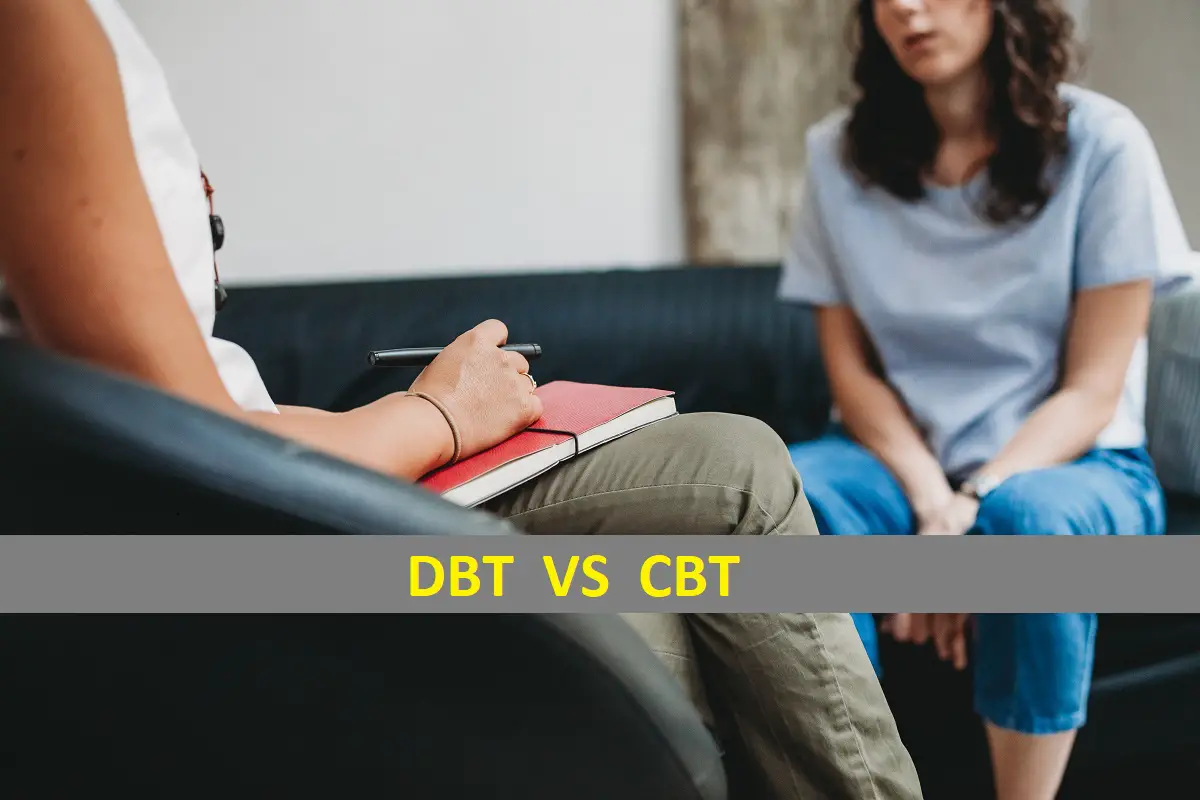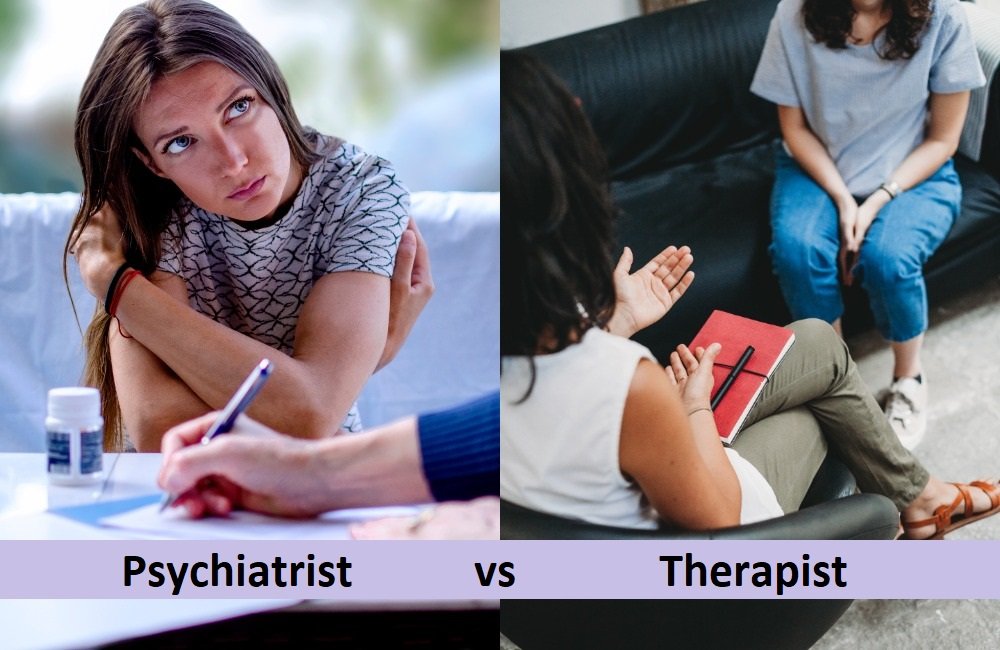Difference Between Counseling and Psychotherapy
While going through difficult times, we may need guidance and advice from others. This is where counseling and psychotherapy come in. Both of these forms of therapy have been proven to be helpful and effective for many different patients.
Due to the similarity of the methods, it is normal to get confused or feel overwhelmed. That is why staying informed is a necessary part of receiving help.
Continue reading to find out about the difference between counseling and psychotherapy, as well as which one you can benefit from the most. After you are done reading, hopefully, you will be able to help someone or yourself overcome some time tough times.
What Is Counseling?

The term counseling is used in many different instances except psychology or therapy. Quite literally, counseling means advice or giving suggestions. Counseling is a great short-term form of therapy that can help you address a range of symptoms, problems, or solutions.
The duty of a counselor is to offer you guidance and support as you try to maneuver through your life. There are many types of counseling– marriage, couples, trauma, grief, addiction, etc.
What Is Psychotherapy?

Psychotherapy includes a wide range of therapy such as CBT, DBT, psychoanalytic work, etc. Psychotherapy has a relatively greater focus on long-term problems and solutions.
If you or the patient has an issue that is chronic, then psychotherapy is what you need to follow. Psychotherapy is also recommended for people who have difficulty understanding their selves and their internal issues.
You can also read the differences between CBT and DBT.
What Are the Differences Between Counseling and Psychotherapy?
Let us take a look at the key factors that make these two forms of help-seeking different from each other. In order to get the proper help, you need to first understand which type will be good for you.
Suitable For
Both of these forms of therapy serve a number of purposes and can help solve several issues. You may have heard terms like marriage counseling, couples counseling, trauma counseling, etc. before.
Counseling specifically helps those who have a short-term problem or situation. In general, counseling can be a 6-month process at most. Do remember that there are differences and many people need shorter or longer time. For problems such as bipolar disorder, anxiety, depression, etc., psychotherapy is better suited.
Time Period
In understanding the difference between psychotherapy and counseling, the time taken to administer these therapies plays a crucial role. Counseling is often a short-term therapy that is used to address present problems. Psychotherapy, on the other hand, is a much longer process and often uses several approaches to address the issue at hand.
Battling Disorders
Disorders are generally recurring and tend to trouble people for a longer period of time. That is why, for disorders, psychotherapy is generally prescribed. With its longer and more thorough process of addressing the issue, psychotherapy has been proven effective for various kinds of disorders.
The Approach
The key approach taken in counseling is assistance through conversation. The goal of the counselor is to talk to the patient and understand their situation better. Following this, the counselor may initiate several different steps or actions to help the patient or patients to better deal with their situation.
Psychotherapy includes a broad range of therapies that each have their own approach. The common approach of each is to have thorough conversations with the patient in order to learn better about their situation so that the therapist can help as needed. You might want to know the difference between a therapist and a psychiatrist.
Recommended for You:
- Difference Between Paraplegic and Quadriplegic
- Inpatient Vs. Outpatient: What Are The Main Differences?
- Anxiety Vs. Depression: What Are The Differences?
Some Necessary Tips to Follow
We always tell our readers that good therapy must be accompanied by some good measures. Only then can therapy be fruitful and helpful. Let us take a look at some necessary tips that can help make therapy successful.
- The patient must stay healthy physically and eat nutritious food.
- Exercising regularly is advised if necessary.
- Make sure you keep the patient away from any harmful or negative thoughts and activities.
- If the therapist suggests any mental or physical exercises, that must be carried out as advised.
- Consistently receiving the therapy and visiting the therapist will help the whole process progress smoothly.
After reading our article, we hope you have learned the difference between counseling and psychotherapy. Always remember that consistent effort and dedication combined with the right form of therapy can surely help you improve the situation.






